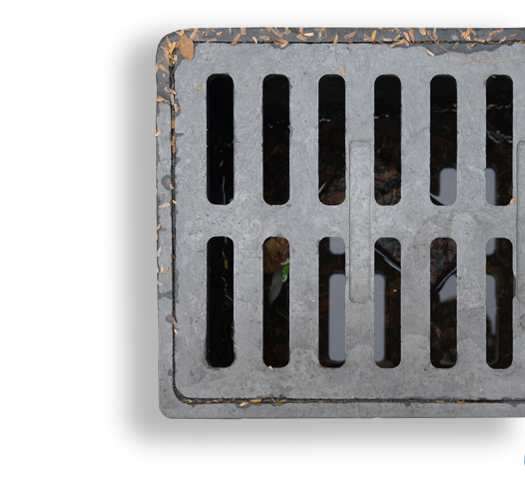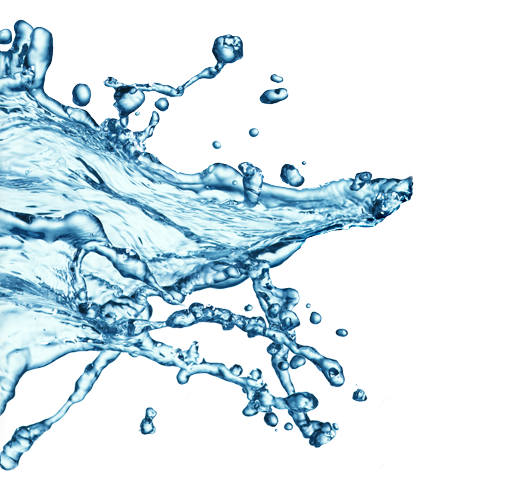Get a quote
CLOSE
Efficient and comprehensive drainage and tanker services
The efficient and cost-effective drainage and tanker service for hazardous waste removal, septic tank and cesspit cleaning and high pressure water jetting.
Wide variety of wastes
Ensuring full compliance
Efficient and cost-effective service
Collection and disposal solutions that ensure you stay compliant
Hazardous and non-hazardous wastes range from contaminated water to paints, adhesives and grease traps, that require compliant and safe disposal.
Using our fleet of vacuum tankers and specialist disposal facilities guarantees you won’t fall foul of waste legislation.
Reliable, cost-effective service delivering expertise you need
Our technical experts make it their job to stay up-to-date with all the latest rules and regulations, so you don’t have to worry.
Whatever your requirements are, our team of experienced professionals will ensure your septic tanks and drainage systems are cleared, ensuring they work correctly at all times. Whether you need us on a regular scheduled basis or to respond in an emergency, we’re here to help support your business.
Fully licensed treatment and disposal facilities
Guaranteeing the most sustainable and compliant disposal for your waste
ADR trained and licensed drivers
Providing collection and transportation for a range of hazardous wastes
High-pressure water jetting service
Collection of liquid wastes with high solids content
We understand that dealing with the collection and disposal of hazardous wastes can be very challenging
We work with businesses across a broad range of sectors, including hospitality, pharmaceuticals, sewerage companies, food manufacturers and paint companies.
They all trust us to manage the safe, secure and compliant collection and disposal of their hazardous wastes.
From the moment our fully ADR trained drivers arrive, to the time your waste materials are delivered to our treatment facilities, we ensure every stage is managed carefully and compliantly, giving you the peace of mind you need.
Why choose Grundon?
No matter what types and volumes of wastes you are looking to dispose of, setting up collections using our dedicated tanker service couldn’t be any easier.
Simply follow these steps today and we’ll provide you with a professional, reliable and compliant tanker service.
01
Tell us about your waste
Tell us about the types and quantities of waste your business generates or schedule a convenient time to discuss your specific requirements with a member of our expert team.
02
Get a quote
We’ll provide you with a proposal for a bespoke tanker service which is tailored to meet the exact needs of your business
03
Schedule a collection
We’ll schedule your collection and start providing you with a first-class tanker service – it’s that easy!
Experienced tanker service professionals
Our modern fleet of vacuum tankers is specially-designed for the collection of a wide variety of hazardous and non-hazardous wastes, including:
- Contaminated water from interceptors, including vehicle and plant wash-down interceptors and effluent tanks
- Sewerage from domestic, commercial and industrial cess pits and septic tanks
- Leachate from landfills
- Spray booth liquids and sludges
- Flammable solvent based paints, resins and adhesives
- Rinse waters, spent solutions and effluent sludges from metal plating and treatment processes
- Pharmaceutical and pesticide contaminated liquids
- Garage and petrol station forecourt oil and water interceptors
- Grease traps from hotels, pubs, restaurants, caterers and canteens
- Food wastes from bakeries, food processing facilities and food factories, including cooking oils and macerated food sludges
- Alcohol and liquid wastes containing alcohol
- Road gullies needing emptying and cleaning
The fact all our tanker drivers are fully ADR trained and licensed to carry dangerous goods by road enables us to collect and transport a range of hazardous wastes, including caustic and flammable liquid wastes.
Frequently asked questions
What capacity can your tankers carry?
Our fleet of specialist vacuum tanker features capacities range from 12,500 litres (3,000 gallons) through to 27,000 litres (6,000 gallons), meaning that we’re capable of providing a cost effective service for smaller loads, whilst having the flexibility to collect larger volumes of liquid waste.
I’m worried about staying compliant?
Our experts make it their job to keep up-to-date with the latest UK and European waste legislation so you don’t have to worry. Our teams will use their expertise and knowledge to advice you on your legal requirements for the correct disposal of all hazardous and non-hazardous waste.
Do you offer a cleaning service?
To complement our tanker services, we also offer high-pressure water jetting. The high-pressure water jetting service allows us to collect liquid wastes with high solids content and to clean interceptors and effluent tanks.
How can the waste disposal be sustainable?
We always ensure your waste is treated disposed of in the most compliant manner at fully licensed treatment facilities.
Sustainability is important to us so, for example, if you’re disposing of macerated food waste, cooking oils or alcohol, we’ll take your waste for treatment at one of a network of Anaerobic Digestion facilities that we work with.
There, naturally occurring organisms break the waste down to produce biogas, which is then converted into renewable electricity and fed into the National Grid; in addition to producing fertiliser which is used for agriculture and land regeneration.


